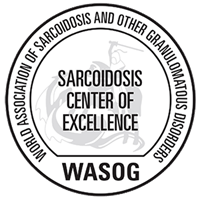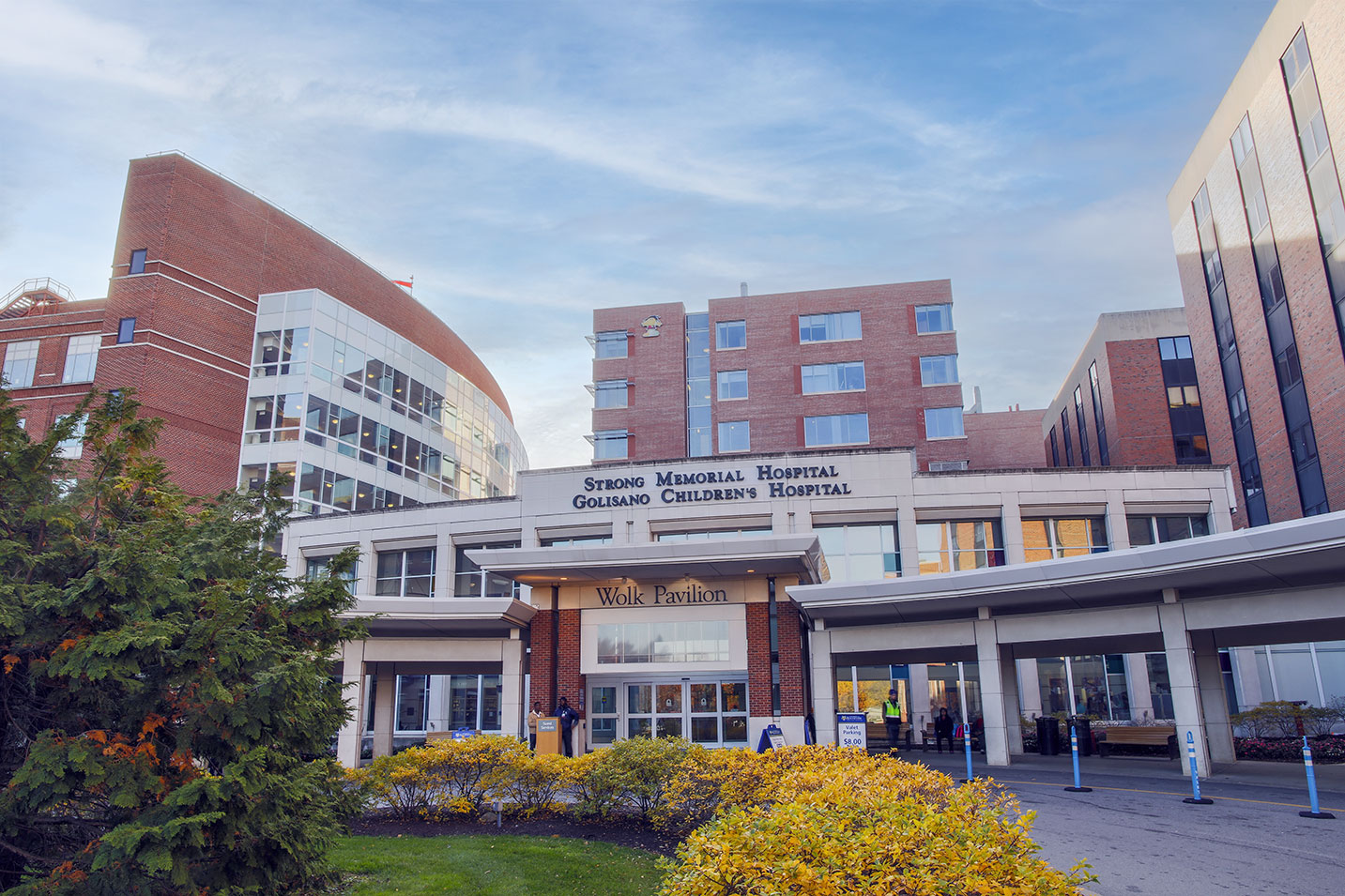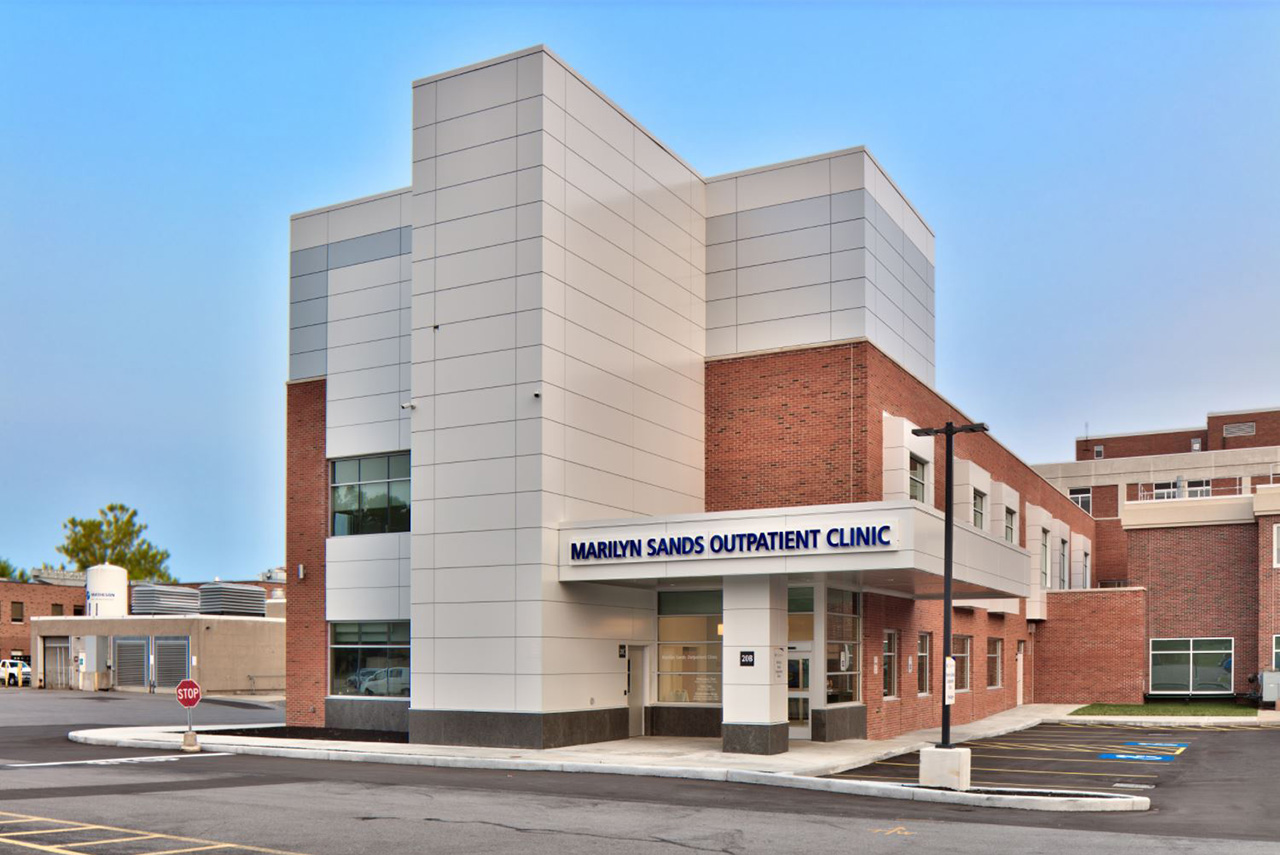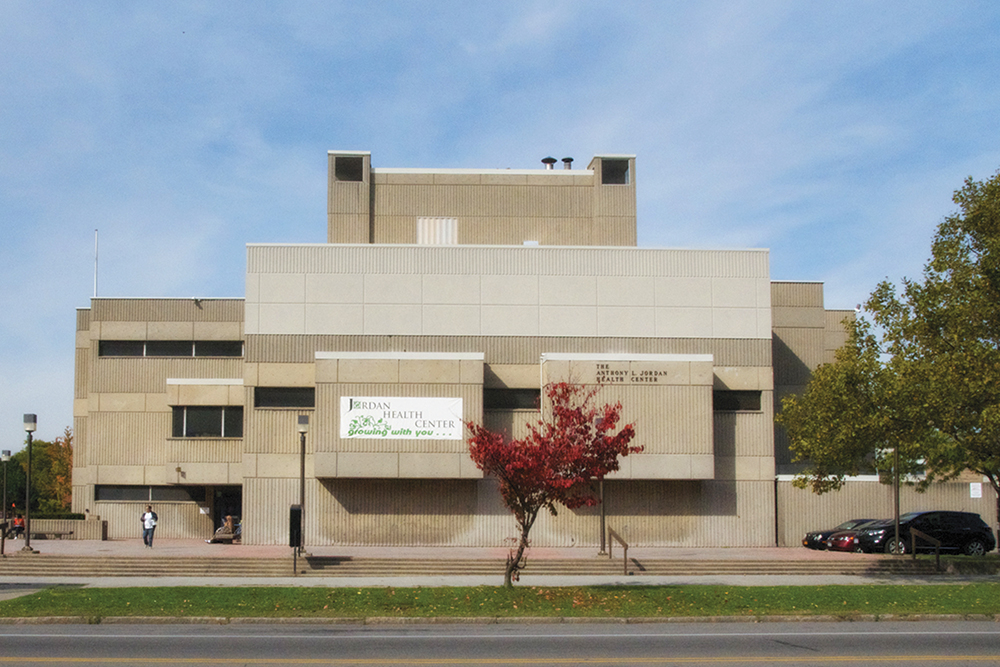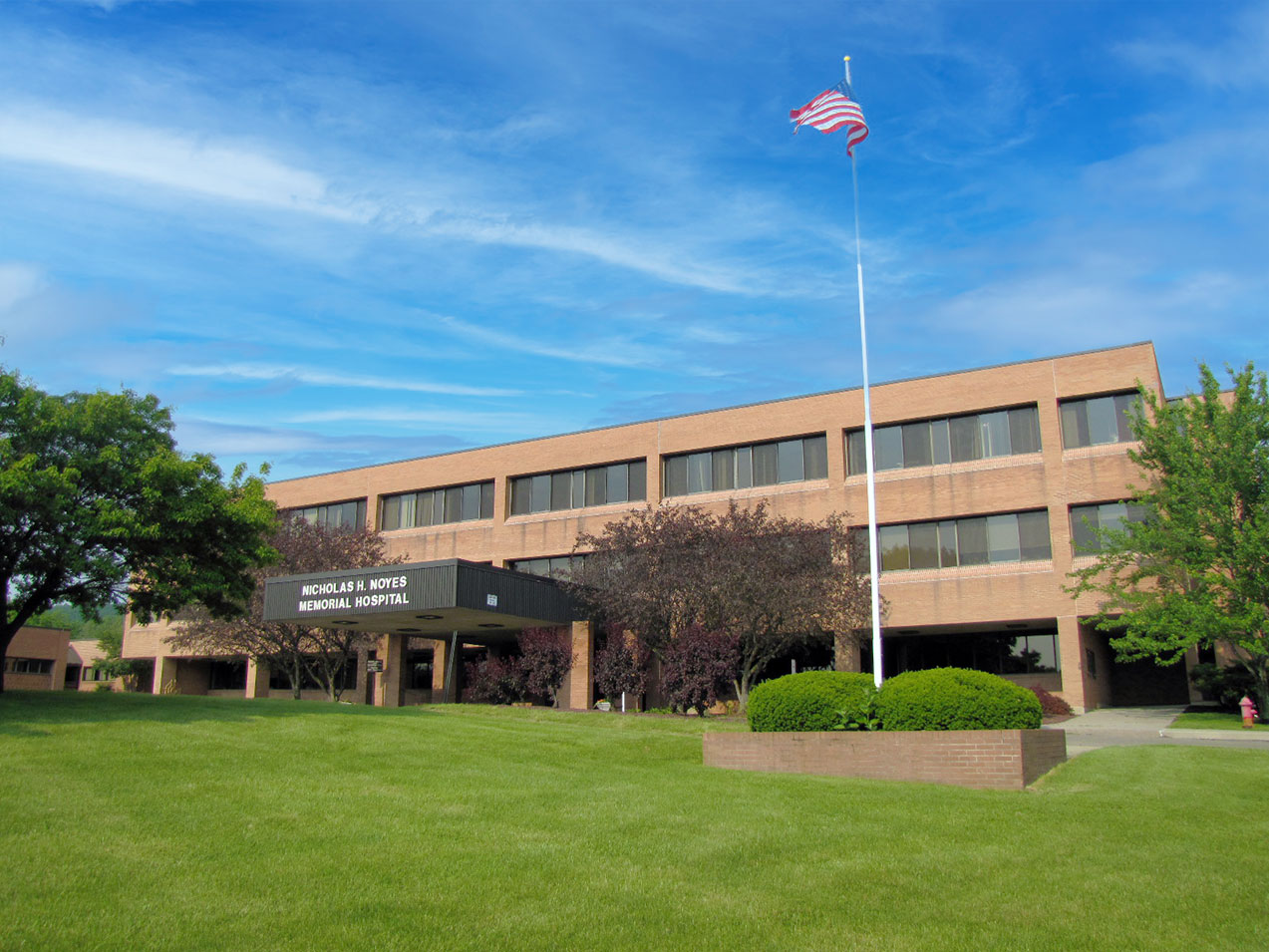Sarcoidosis
Make Appointments & Get Care
What is Sarcoidosis?
Sarcoidosis is a disease in which clusters of inflammatory cells—called granulomas—form in one or more organs, most commonly in the lungs (pulmonary sarcoidosis) and lymph nodes in your chest. These granulomas can disrupt normal organ function over the long term and cause symptoms of sarcoidosis. Sarcoidosis impacts the immune system, which reacts in an exaggerated way to an unidentified trigger, causing inflammation and granuloma formation.
This condition appears most often in adults aged 20–40, though anyone can develop sarcoidosis. While some people experience only mild symptoms that resolve on their own, others develop chronic—or long‑term—disease that requires ongoing care.
What Are the Symptoms of Sarcoidosis?
Symptoms vary widely depending on which organs are affected. Common signs include:
- Persistent dry cough or difficulty breathing (pulmonary sarcoidosis)
- Chest pain or chest tightness
- Enlarged lymph nodes in your chest, detected on chest X‑ray or CT scans
- General feelings of being unwell—fatigue, fever, night sweats
- Joint pain, skin rashes, eye redness, or blurred vision
- In rare cases, involvement of the heart, nervous system, or liver
UR Medicine's Treatments for Sarcoidosis
The vast majority of patients have a mild form of the disease and might not need treatment. Sarcoidosis is fatal in roughly 5% of patients, with pulmonary and cardiac sarcoidosis the most common causes of death.
How Is Sarcoidosis Diagnosed?
Detecting sarcoidosis often requires a multifaceted approach, including:
Chest X‑rayor CT scans to identify enlarged lymph nodes or lung granulomas
Pulmonary function tests measure lung capacity and airflow
Biopsy, typically from the lung or lymph nodes, confirms granulomas under the microscope
Blood tests to track inflammation and organ impact
Evaluation for other organ involvement based on symptoms
If cardiac sarcoidosis is suspected, our multidisciplinary team works together to find potential sites outside the heart for biopsy. In some cases, a biopsy of the heart may be used to make a definite diagnosis. However, since the granulomas are randomly distributed in the heart, a cardiac biopsy may show an abnormality in only 30-50% of patients with cardiac sarcoidosis.
Other tests that are used to help diagnose cardiac sarcoidosis include:
- EKG and Holter Monitor (to detect abnormally slow or fast rhythms)
- Echocardiogram (to evaluate cardiac function)
- Cardiac MRI (to look for scarring)
- Cardiac PET scan (to look for inflammation)
- Biopsy of organs other than the heart
How Is Sarcoidosis Treated?
Treatment is needed when there is risk of organ failure and/or if symptoms are affecting a patient’s quality of life. Treatment for sarcoidosis depends on disease severity and organs affected. Many people with mild symptoms need only monitoring; others require:
Corticosteroids to reduce inflammation
Immune-suppressing medications for long-term disease management such as Mycophenolate mofetil, Methotrexate, Azathioprine, and Infliximab
Symptom-focused therapies, such as inhalers or topical treatments for skin and eye involvement
Physical therapy or joint-friendly exercises for joint pain
Regular monitoring with imaging, blood tests, and heart or vision screenings
Each treatment plan is tailored to the individual patient. Most patients with sarcoidosis experience improvement or remission over time, although it can last many years. Regular follow-up is crucial to detect organ involvement early.
What Sets Us Apart?
UR Medicine is the Rochester metropolitan area and surrounding region's only certified WASOG (World Association of Sarcoidosis and Other Granulomatous Disorders) Center of Excellence—one of only 33 programs in the nation and fewer than 50 centers around the world.
Our multidisciplinary team—pulmonologists, rheumatologists, dermatologists, ophthalmologists, and nurse practitioners—works together to design tailored treatment plans to give you the best care possible. As an academic medical center, we offer cutting-edge diagnostic and treatment services in providing personalized treatment for each patient.
Locations
View All LocationsWe serve you in the Rochester metropolitan area and surrounding region.
View All Locations8 locations
Clinton Crossings, Building G
2400 South Clinton Avenue, 1st Floor
Rochester, NY 14618
Ambulatory Care Center at Strong Memorial Hospital
601 Elmwood Avenue, 3rd Floor
Rochester, NY 14642
Marilyn Sands Outpatient Clinic
395 West Street, Door 20B
Canandaigua, NY 14424
St. James Medical Office Building
7309 Seneca Road North, Entrance C, Suite 104
Hornell, NY 14843
Anthony L. Jordan Health Center
82 Holland Street
Rochester, NY 14605
84 Canal Street, Suite 8
Big Flats, NY 14814
Noyes Memorial Hospital
111 Clara Barton Street, 2nd Floor
Dansville, NY 14437
